More Verizon customers will enjoy faster 5G download data speeds very soon
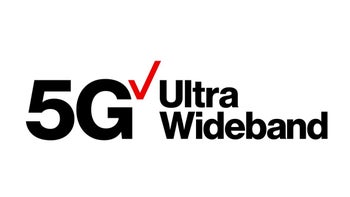
Verizon subscribers will soon have a better chance of connecting to the wireless provider's 5G Ultra Wideband service. From personal experience, this writer can tell you that the C-Band-driven mid-band airwaves deliver roughly ten times the download data speed (450Mbps) of LTE. Right now, Verizon's Ultra Wideband service covers more than 175 million people. And the carrier announced today that at some point during the first quarter of 2023, Verizon will start offering Ultra Wideband service nationwide. This is a big deal.
Next quarter Verizon will launch its 5G Ultra Wideband service nationwide
Verizon is one month ahead of schedule as it originally was expected to cover 175 million people with 5G Ultra Wideband by the end of the year. It also is 13 months ahead of schedule with its C-Band rollout. C-Band is mid-band spectrum which means that while it won't deliver the faster download data speeds that mmWave does, mid-band signals travel greater distances allowing Verizon to offer the service from coast to coast next quarter.
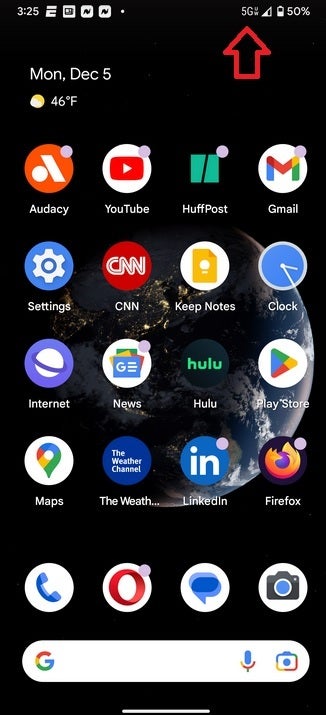
You know you're connected to 5G Ultra Wideband when you see the icon in your phone's status bar
Hans Vestberg, Chairman and CEO of Verizon, said, "Our customers don’t stand still and neither does our network. Today, more than one out of every two Americans now have access to 5G Ultra Wideband. We know our customers rely on our service every day and we work for them – continuously enhancing, expanding, and improving our wireless network."
The executive added, "And as proud as I am to have crossed this milestone, I am equally proud of the way we are building our network – with the most advanced technologies, industry-leading security, a robust fiber underpinning, and a robust and varied spectrum portfolio. We are building this right. We are building this as a platform for innovation for years to come."
You know that you are connected to Verizon's 5G Ultra Wideband service when you see the 5G UW icon in your phone's status bar. Verizon says that Ultra Wideband service can deliver download data speeds up to 1Gbps.
Verizon will continue to deploy mmWave 5G in areas with dense populations
According to Verizon, "5G Ultra Wideband frees people up to do things on the go that many could only do before when connected to their home internet service. This includes everything from downloading huge documents and seamlessly streaming movies in HD audio and video, to playing console quality games and conducting video chats, video conferencing and FaceTime calls with clear sound and video."
Verizon is expanding its C-Band capacity in some markets moving from 60 MHz to 100 MHz. Once it has all of its licensed spectrum available, the nation's largest carrier hopes to have as much as 200 MHz of C-band activated in some areas. At the beginning of this year, we pointed out that Verizon's C-Band launch made the carrier tougher for T-Mobile to ward off. The nation's second-largest wireless carrier acquired the majority of its 2.5 GHz mid-band spectrum with its acquisition of Sprint.
Because of the short distances that mmWave signals travel, Verizon will continue to deploy it in areas where there is a dense population such as in stadiums, concert venues, arenas, airports, major metropolitan cities, and offices. Verizon says that it will also use mmWave for private networks when its customers need the fastest 5G service available.
Verizon also plans on continuing to build out some of the advanced technologies that make its 5G service secure and reliable. This includes working with antenna configurations to improve speed and efficiency and deploying artificial intelligence to improve reliability and performance. The 3,500 C-Band licenses that Verizon paid $45.5 billion for back during the FCC auction in 2021 include spectrum in the range of 3.7-4 GHz.

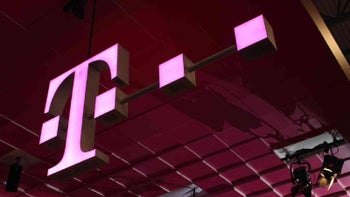
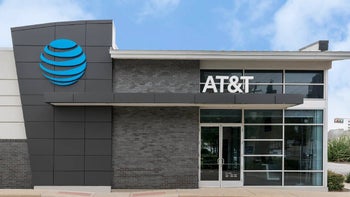
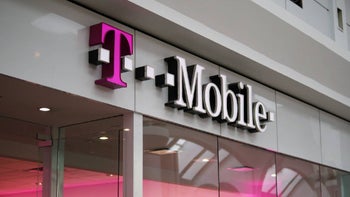
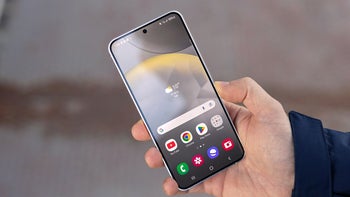
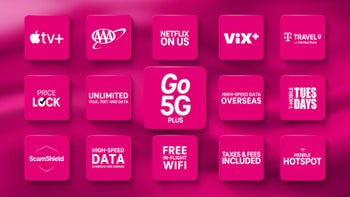
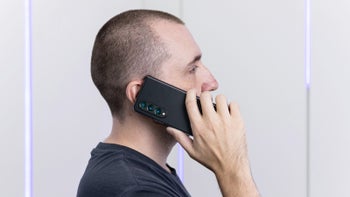
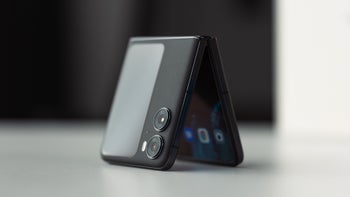
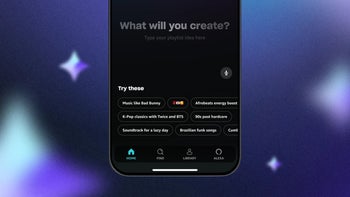
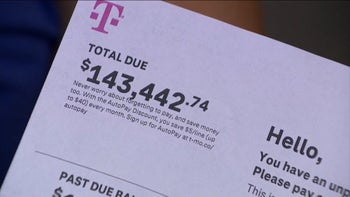
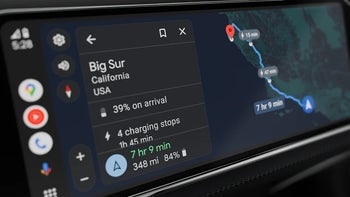
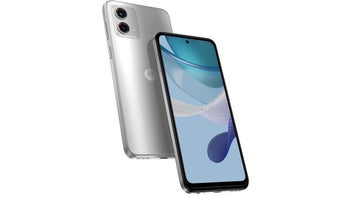

Things that are NOT allowed: